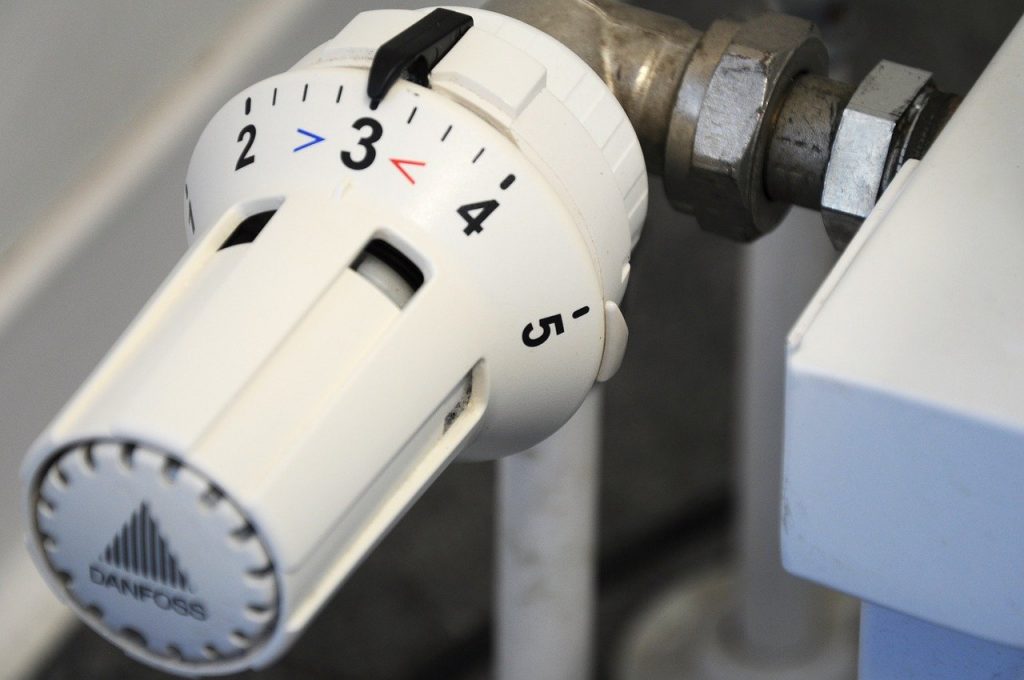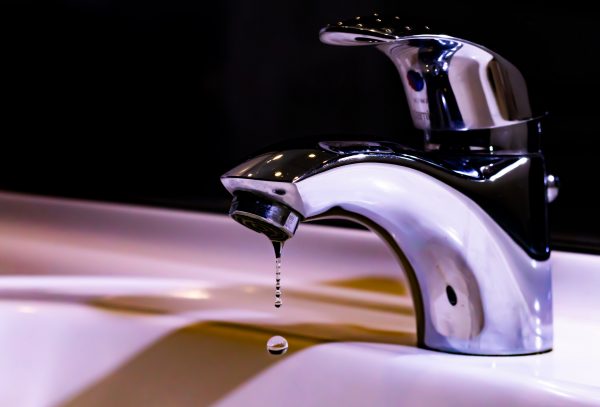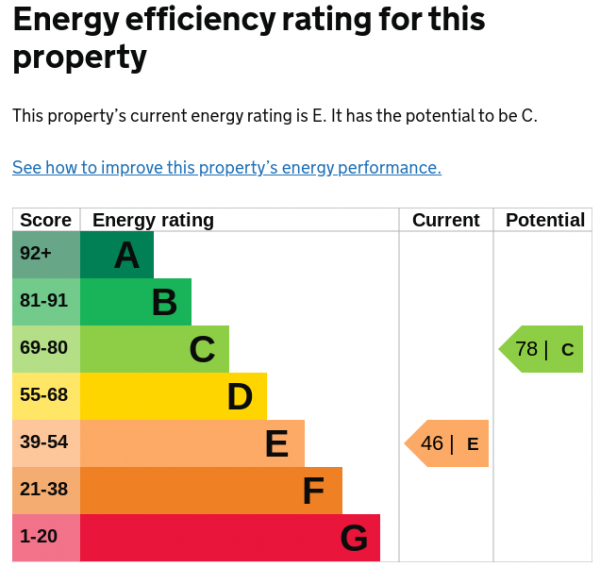 - minute read
- minute read
Saving energy has never mattered more, with our wallets and the environment both feeling the hit when measures aren’t taken. Tenants can take action and save themselves some of the energy bill each month. In this article, we’ve looked at some of the best energy saving tips for tenants, all of which are super easy habit changes that can save hundreds of pounds.
Why is saving energy so important? The answer to that is two-fold. Firstly, reducing your energy consumption equally reduces carbon emissions. Because carbon plays such a large role in climate change, reducing it will help to create a healthier planet for all. Secondly, and perhaps the more eye-catching headline for many, is the amount which can be saved from when taking energy-saving measures – potentially hundreds of pounds every year! While making a house or flat more energy-efficient is the responsibility of your agent or landlord, we’ve identified small changes of habit in everyday life which can save some pennies on your bills.
Continue reading for our top energy saving tips for tenants, spanning heat, lights, appliances, and water reduction.
When it comes to making your home more energy-efficient, every single degree matters – meaning you can save lots of money, without plunging your home into the cold. Lowering the heating by just 1ºC will save around £60 a year, and there’s a good chance you won’t even notice the difference.

Hot air can easily escape through gaps in windows and doors, so it makes sense to invest in products designed to keep the heat in, such as draught excluders and sealants.
One of the best energy saving tips for tenants is to swap out standard lightbulbs for energy-saving LED alternatives. These bulbs can last for up to 20 years so once you’ve changed them, it’s unlikely that you’ll need to replace them again during your tenancy. Equally, remember that natural lighting is your friend! The more of this which can stream into your home during the day, the less lighting is required until it gets dark.
Over the course of a year, turning off appliances that would otherwise be left on standby can save up to £30! Some of the most common pieces of tech which people overlook include TVs, computers and game consoles.
Fridges are appliances that need to be constantly on. Because of this, it makes sense to keep your fridge at a sensible temperature. While turning it right down may seem tempting, this isn’t necessary. 4ºC is the optimum temperature for food storage and can save up to £20 a year when kept at this level. To stop this temperature going up or down, avoid keeping the fridge door open for any longer than it needs to be.
There are numerous ways to reduce your energy output when in the kitchen. Rather than cooking a single portion of food every night, consider multiple meals at once. Some of these can be stored in the fridge, and the rest can be frozen. If you live with others, then cooking in a group is not only more energy-efficient, but also saves heaps of time.
If you’ve never used a slow cooker then we absolutely recommend trying one out. Not only can larger slow cookers hold enough for numerous portions, but they’re also much cheaper to use than ovens so are a great energy saving tip for tenants.

Keeping an eye on the amount of energy you’re using can help with cutting back. This isn’t difficult either, with the vast majority of energy companies – including us – offering smart meters. Having a smart meter can serve as a constant reminder to switch off appliances and lights when not in use. What’s more, they’re usually installed free of charge! Always being in the right mindset is one of the best ways to make a home more energy-efficient.
Did you know that the average person in the UK uses 150 litres of water every single day? We couldn’t quite believe that number either. Luckily, there are plenty of measures which can be taken to save water when renting.
Washing machines and dishwashers are two appliances that can have a major impact on your energy and water usage. One of our top energy saving tips for tenants is to keep a close eye on both of these appliances to ensure they’re working at maximum efficiency.
For example, fluff quickly builds in a washing machine’s filter, so don’t forget to regularly clean it. A great habit to get out of is using a washing machine or dishwasher when half full. Half loads will naturally expend much more water and electricity than full loads. Modern appliances often include ‘eco’ settings which are worth trying out if included on your machines! There’s also no need to use a washing machine at a piping hot temperature. Switching from 40ºC to 30º will use around 40% less electricity.
We all love a longer shower now and then, but try not to make a habit of it. Reducing your shower length will in turn reduce the amount of electricity your water heater uses, helping to make your flat more energy efficient.
While longer showers can be somewhat wasteful, they’re still a much better method for saving water when renting than taking a bath. The average bath requires 90 litres of water, whereas an 8-minute shower is closer to the 60 litre mark. This number can be further reduced by using an eco shower head (which saves around £40 per year).
This is a really simple one. When brushing your teeth, don’t leave the tap running. By only using a tap when it’s absolutely required, up to 6 litres of water can be saved every minute! When washing pots and pans, a washing-up bowl allows water to be reused during cleaning – rather than flowing straight down the drain.

While the solutions and energy hacks we’ve discussed will undoubtedly have an impact, landlords have the power to make the biggest changes of all. It’s in a landlord’s best interest to make his flat more energy-efficient, as this will add long-term value to their investment. Looking at a property’s energy performance certificate (EPC) will help you understand how best a building’s energy rating can be improved.

From proper insulation (including the hot water tank and pipes) to draught exclusion, getting these issues resolved will make you a happier tenant who is saving money each month. There’s no harm in asking!



All your utility bills in one monthly payment, split between housemates
Get a quote


All your utility bills in one monthly payment, split between housemates
Get a quoteFinding his article helpful? We’ve got plenty more helpful articles on there way. Join our Savvy Sunday mailing list